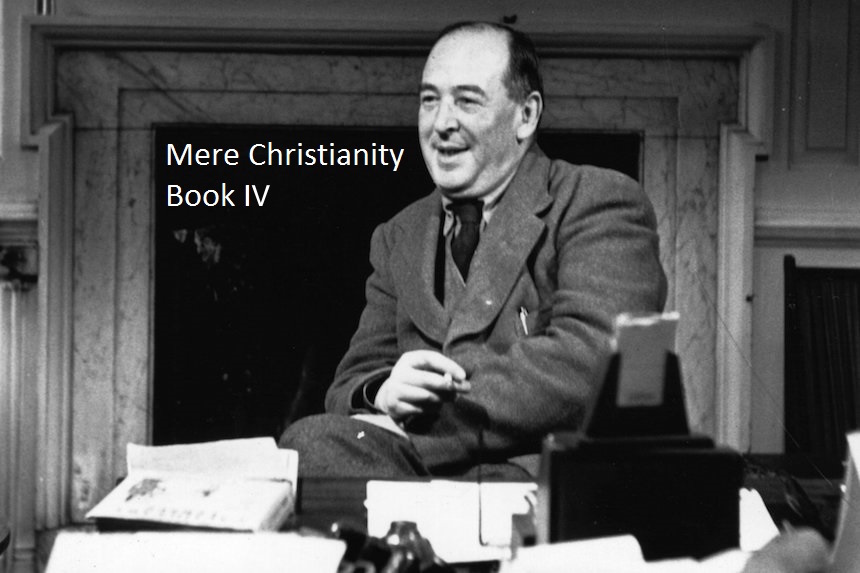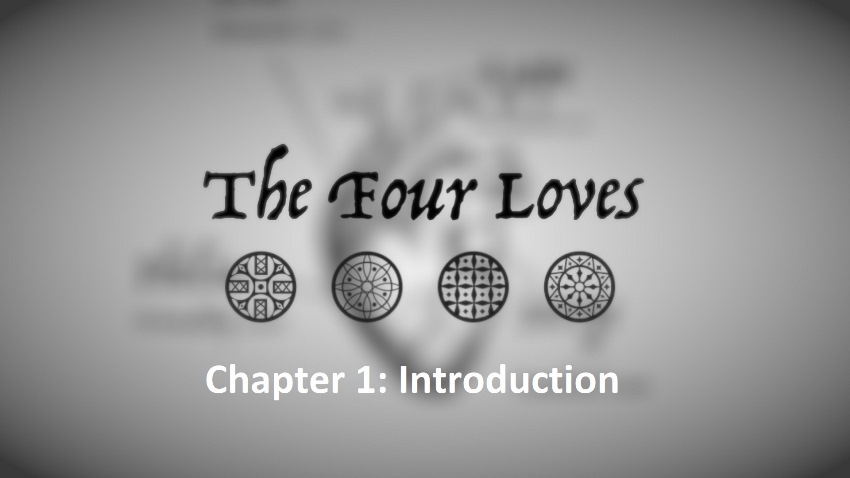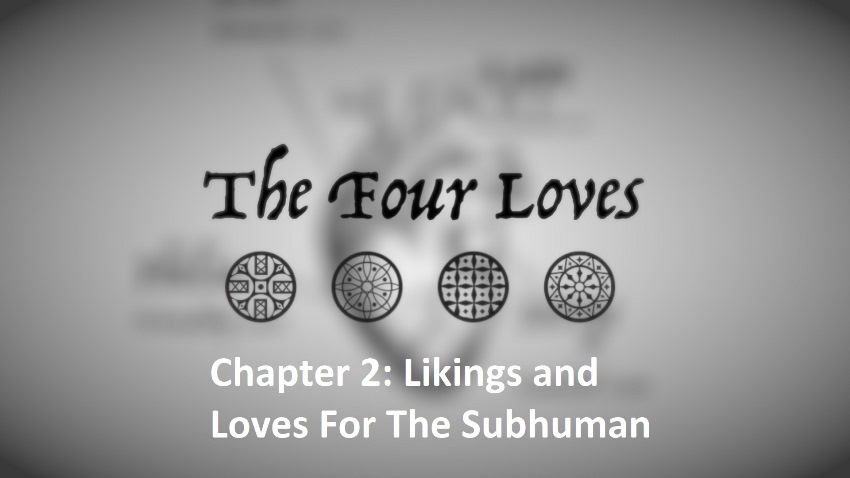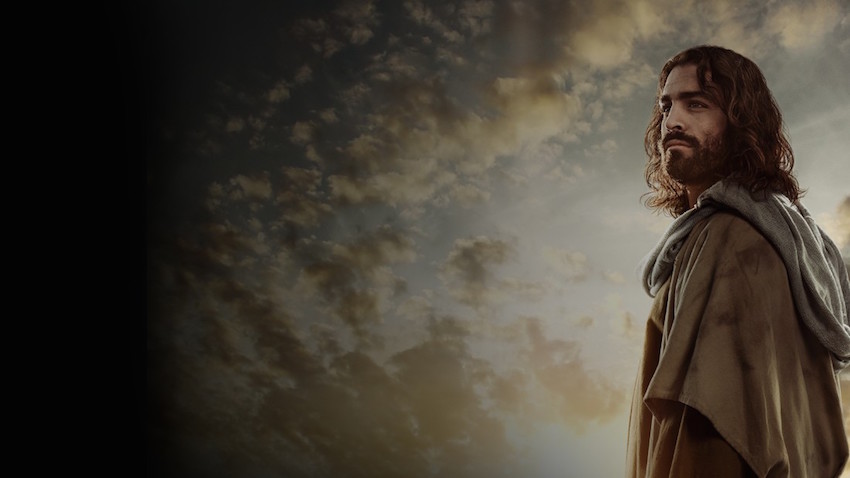Mere Christianity – Book IV – Chapter 10 (“Nice People Or New Men?”)


Picking back up my notes for C.S. Lewis’ “Mere Christianity”…
1. If Christianity is true, why are all Christians not obviously nicer than all non-Christians?
(a) Part of this question is very reasonable
“If conversion to Christianity makes no improvement in a man’s outward actions… I think we must suspect that his ‘conversion’ was largely imaginary…”
(i) Jesus told us to judge by results
“Fine feelings, new insights, greater interest in ‘religion’ mean nothing unless they make our actual behaviour better; just as in an illness ‘feeling better’ is not much good if the thermometer shows that your temperature is still going up… Christ told us to judge by results”
(ii) When we fail to live up to our calling, we make Christianity harder to believe for others
“When we Christians behave badly, or fail to behave well, we are making Christianity unbelievable to the outside world… Our careless lives set the outer world talking; and we give them grounds for talking in a way that throws doubt on the truth of Christianity itself”
(b) Part of this question is very unreasonable
But there is another way of demanding results in which the outer world may be quite illogical…. they should see the whole world neatly divided into two camps -Christian and non-Christian – and that all the people in the first camp at any given moment should be obviously nicer than all the people in the second.
There are several flaws with this kind of thinking…









